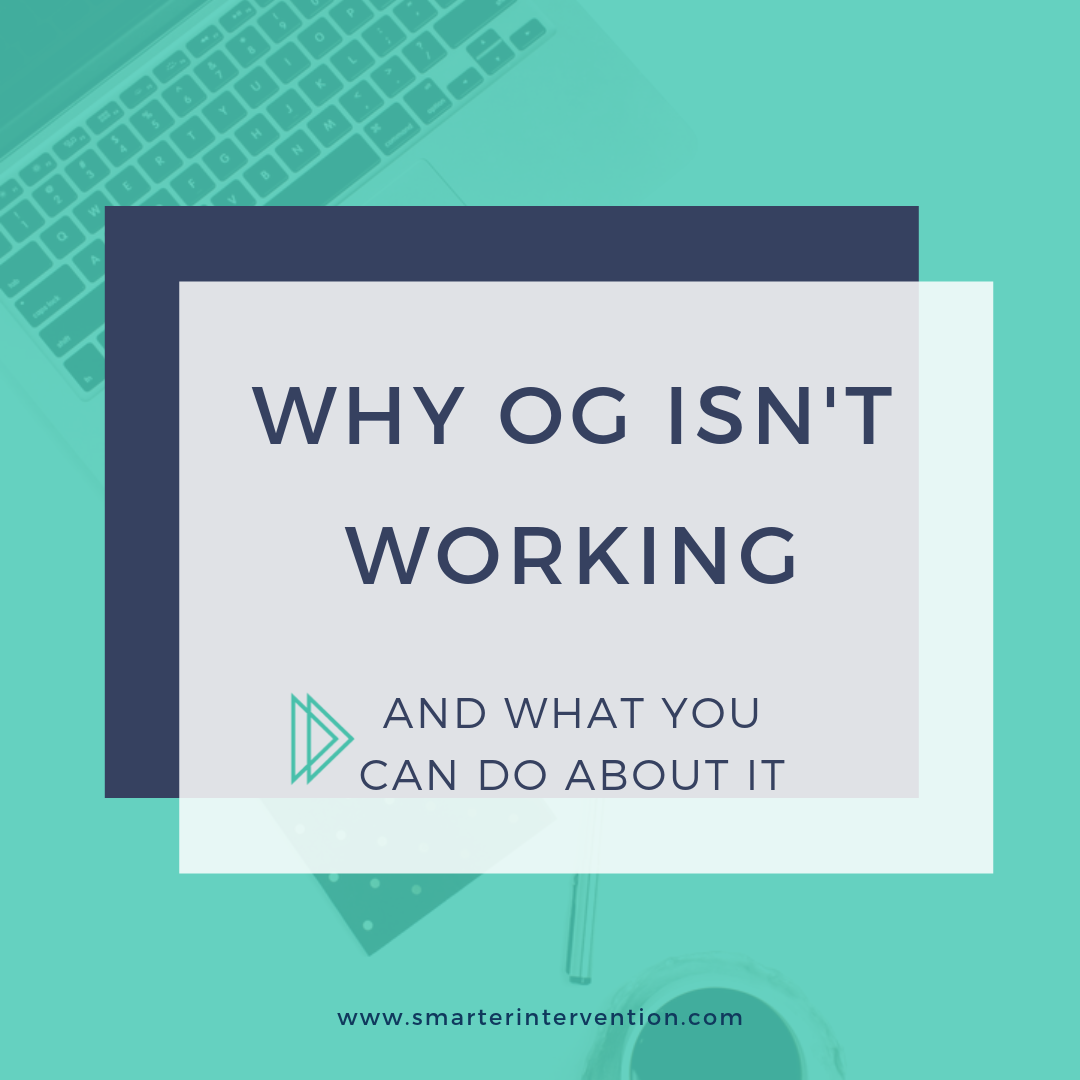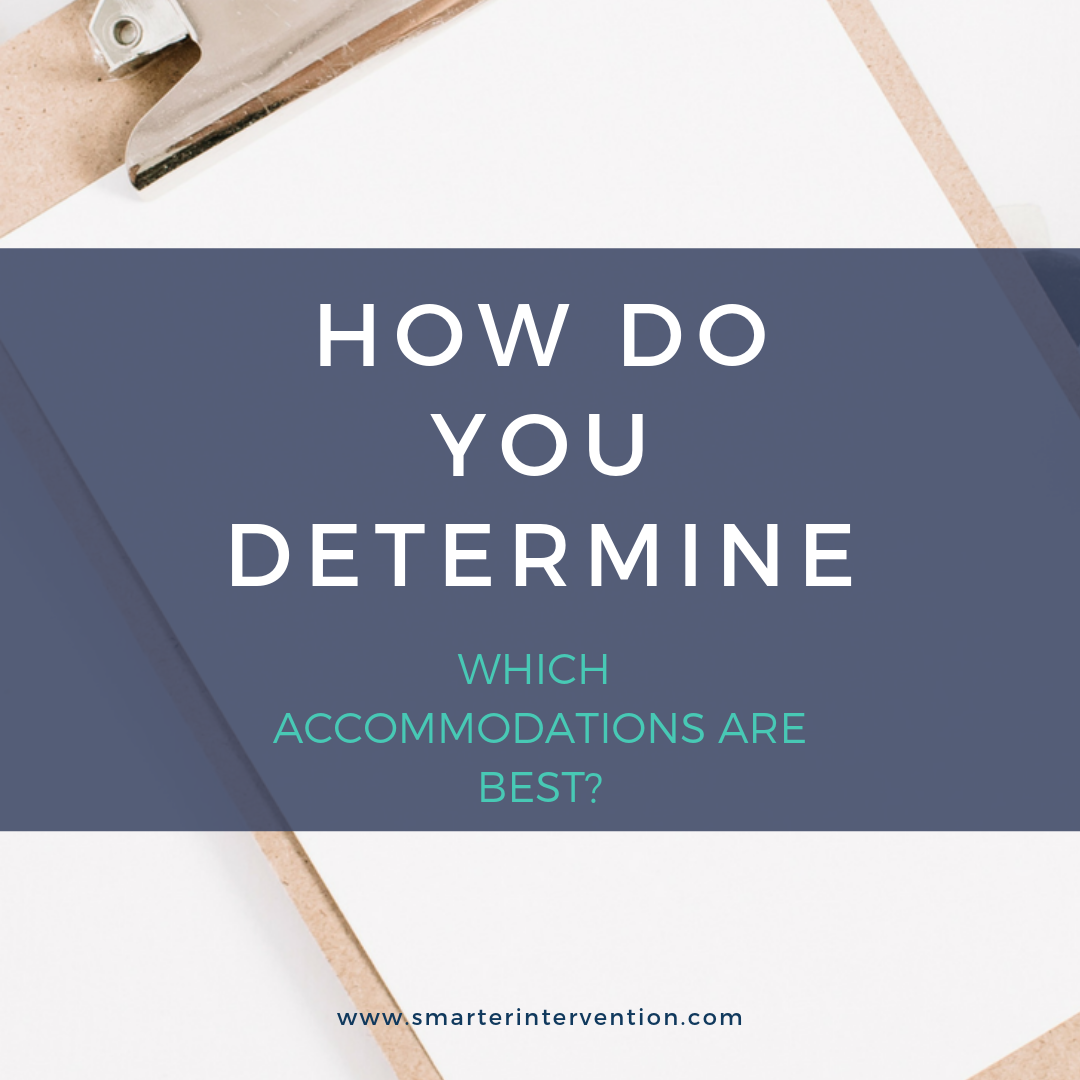Science-based literacy resources and articles
for families, educators and schools
Search by Category:
Categories
- Advocacy
- Authentic Literature
- Business
- Comprehension
- Data Tracking
- Differentiation
- Dyslexia
- Evaluation and Assessment
- Executive Functioning
- Games & Activities
- Helping My Child At Home
- How To
- IEP/504 Plan
- Lesson Planning
- Math
- Online Intervention
- Organization
- Parents
- Phonics
- Phonological Awareness
- Reading Comprehension
- Reading Fluency
- Research
- SLP
- Spelling
- Vocabulary
- Writing
She'll Catch Up
“Oh, she’ll catch up,” is what Jane recalled her daughter Susan’s teachers saying throughout first and second grades. Susan, now 12, was in the lowest reading group in her classroom but teachers assured Jane that Susan was very bright and would catch up shortly.
In truth, Susan wasn’t catching up. As peers began moving past her in reading, Jane became more anxious and worried.
My Child is Struggling, But Everyone Says He is On Grade-Level...
Is your child in the gray area?
“She has trouble spelling and reading fluently, but she’s doing okay for the most part
“He’s about a year behind, but don’t worry, it will click soon…”
“She has a hard time with reading grade level text, but she is fine compared to other kids in her class who struggle so much more…”
“I understand he has a diagnosis of dyslexia, but he’s not that far behind…”
How Do I Get Help From the School?
Now that school is back in session, we are getting this question quite frequently. There is a long answer (which we will begin to get into) but the short answer is that it is complicated but not impossible to get help for your struggling student from the school if you know the right questions to ask.
We wanted to walk you through the steps of getting the help you know that your child so desperately needs. Because this can be a complicated process we decided to break it down in the same way we break tasks down for our students.
Core Components of OG - Diagnostic Prescriptive Instruction
Learn about the essential diagnostic-prescriptive approach in Orton-Gillingham lessons. Discover how to assess student progress, tailor instruction based on data, and implement systematic review for effective learning outcomes.
Why OG isn't Working and What You Can Do About It
Discover why Orton-Gillingham (OG) instruction sometimes falls short and what you can do about it. Weak executive functioning might hinder progress, but with strategies to gain student buy-in, provide memory supports, and develop metacognitive skills, you can enhance learning outcomes. Join our FREE online workshop for more insights!
Are Our Readers Really Reading?
Dyslexia is often referred to as a hidden disability because it can go undetected for so long. On the surface, everything looks fine. It has been my experience that dyslexic students are good at coping, they know how to play school. They work hard, they are highly verbal, love to answer questions in class, they are curious, can make the most amazing connections, and at an early age – when texts are predictable, repetitive, and have strong picture support – these students can look like readers. It’s not until you dig deeper and begin to analyze their phonemic awareness skills or their ability to rhyme and manipulate sounds that you may realize there is a hiccup.
Are Our Readers Really Reading?
Uncover the hidden challenges of dyslexia in students. Learn how to identify signs beyond surface-level reading abilities and understand the importance of ongoing progress monitoring for true reading development.
Structured Literacy Components
Unlock the effectiveness of Orton-Gillingham (OG) instruction! Discover the key components—phonology, sound-symbol association, syllable instruction, morphology, syntax, and semantics—that make OG a personalized and powerful approach for students with reading disorders.
What is Research-Based Reading Intervention?
Discover why Orton-Gillingham (OG) instruction is hailed as the gold standard for dyslexic students. Learn how its sequential, multisensory, and flexible approach transforms reading intervention. Explore its research-backed effectiveness in nurturing struggling readers.
How Do You Determine which Accommodations are Best?
Once you have intervention in place to be sure your child is closing any skill gaps:
How do you get the right support from the school?
Talking with your child's school team is of paramount importance. You want to be sure that while your child is getting the help they need privately or through school-based intervention, that they are not continuing to fall further behind in the classroom.
How Much Therapy is Enough?
Typically we can help predict the length of time in a program based on standardized testing results (psychoeducational testing results, not necessarily state standardized assessments). Our team researched the length of time it would take to see consistent growth in reading ability. There were many factors at play but overall we found that student's could expect to see around 8 Standard Score points of growth in a 6-month period with therapy occurring once to twice per week. There was not a statistical difference between students being seen once to twice per week.
Why Orton-Gillingham (OG) Reading Instruction?
What is so different about OG instruction?
A major benefit is that it meets the student where they are as opposed to assuming they indirectly picked up a rule/strategy without being given the explicit rule or pattern to follow. But equally as important OG is different than reading instruction they may have received previously because it teaches the "why" of our language.
Do I Need an Evaluation?
While there may be some cases in which it is good to wait, generally the answer to this question is - YES! While you absolutely do not need an evaluation to get started with remediation, it can help guide treatment and answer many questions for you, as parents as well as for the clinicians working with your child.
How is Learning Therapy Different From Tutoring?
Often by the time a student is suspected of having a learning disability, parents or caregivers have already gone to great lengths to support their child. Many have hired tutors or had teachers spend extra time with their child over the summer to no avail. So often families ask us how academic therapy or dyslexia therapy is different from what they have tried in the past. This is a wonderful and necessary question.
Discovering a Learning Disability
The best place to begin is to identify indicators of a potential learning problem. Think about it this way; if you have a student who has average to superior intelligence, has intact sensory perception (e.g., ability to see words on the paper and hear words) and has been instructed in reading and writing by a competent teacher for months or years, but is demonstrating a significant discrepancy between their IQ and their academic achievement, it is time for an evaluation.
















